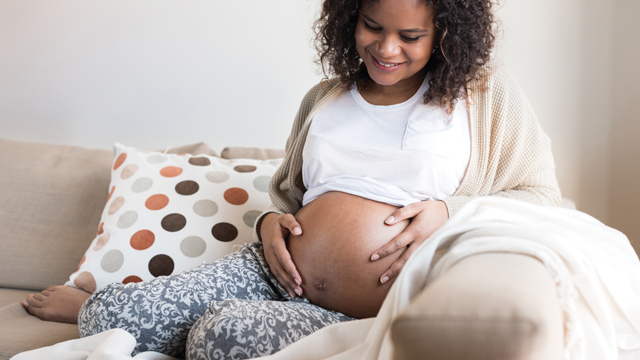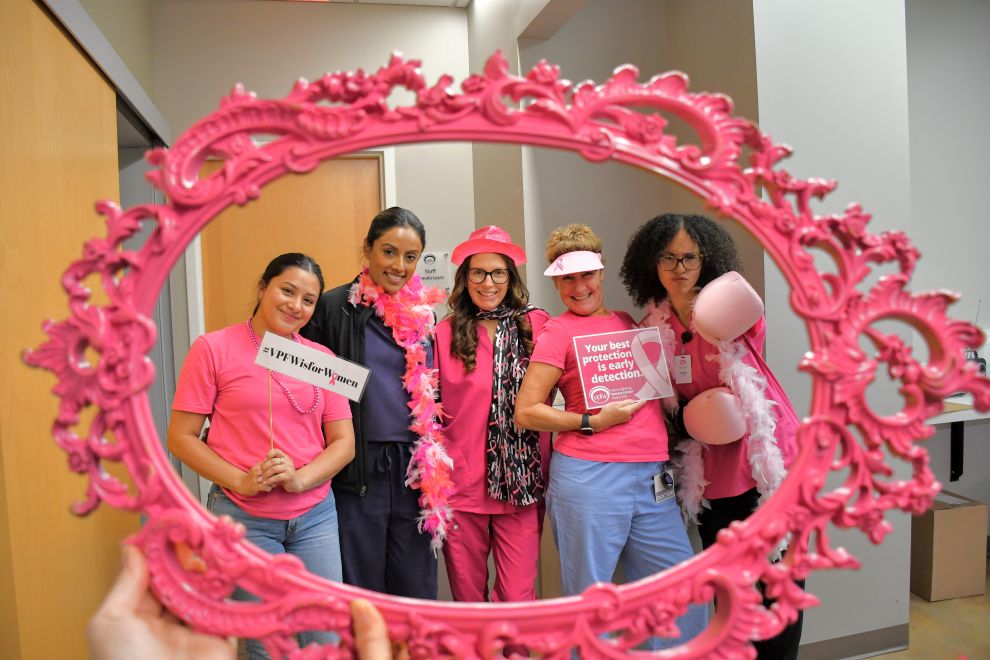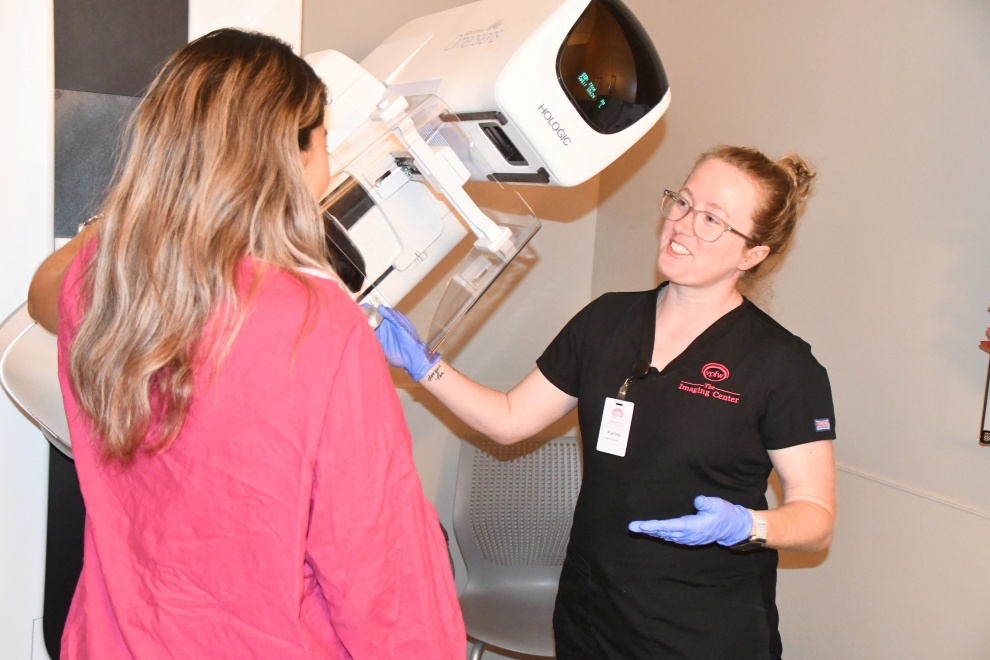The anticipation of bringing a new baby into the world can be both exciting and stressful for mothers-to-be. But if you are an expectant African American woman, there is much more at stake, according to a recent study. Having a baby comes with several risk factors, and too many black women die or experience life-threatening events during and shortly after childbirth.
Legendary athlete and world champion tennis star Serena Williams, who suffers from a blood-clotting disorder that nearly resulted in her death after the delivery of her daughter in September 2017, brought maternal health challenges for African American women to the forefront. Williams, whose net worth is estimated at $170 million, told Vogue that she had to repeatedly ask her medical team to perform a CT scan to identify blood clots in her lungs, and later faced a 6-day medical crisis that included multiple surgeries.
The Centers for Disease Control and Prevention (CDC) reports that, on average, black mothers in the United States die during and after childbirth at a rate that is three to four times that of white mothers – one of the most striking disparities in women’s health. According to America’s Health Rankings’ 2018 Health of Women and Children Report, these gaps persist in Virginia, with nearly thirty-seven deaths
per 100,000 live births among black mothers, compared to eleven for white mothers. Nationally, there are 20.7 deaths per 100,000 births for all mothers.
There are a variety of issues that factor into these statistics. Some of these include rising rates of chronic diseases, such as obesity, hypertension, and cardiovascular disease among minority groups. However, systemic issues abound. According to healthypeople.gov, factors such as access to health care and early intervention programs, education, employment, economic opportunities, social support, and availability of resources to meet essential needs influence outcomes. Additionally, for expectant black women, inequities in the level of patient-provider communication, medical care, and gaps in patient safety play a major part.
Given these disparities, I encourage black women to take control of their health before, during, and after their pregnancy. There are a number of things expectant mothers can do to curtail some of the risks that come with pregnancy and childbirth including:
• Preconception health: Healthy pregnancies begin before conception. Treatment of chronic illnesses – particularly cardiovascular diseases – before getting pregnant will ultimately result in fewer complications. Expectant mothers should talk to their doctor about their general medical history (including their family’s), any current health issues, their diet and exercise routine, pregnancy history, and any mental health concerns.
• Early and consistent prenatal care: Having prenatal care is associated with healthy pregnancies, especially care during the first trimester. If you know you are pregnant or think you might be, call your doctor to schedule a visit. According to womenshealth.gov, babies of mothers who do not get prenatal care are three times more likely to have a low birth weight and five times more likely to die than those born to mothers who do get care.
• Proper nutrition: A balanced diet, taking prenatal vitamins, and maintaining a healthy weight during pregnancy can improve outcomes for both mother and baby.
Be vocal about your medical care: As a patient, you have a right to know everything as it relates to your medical treatment. Do not be afraid to ask questions or raise concerns about your level of care or treatment (this includes routine procedures and tests) with your care provider.





